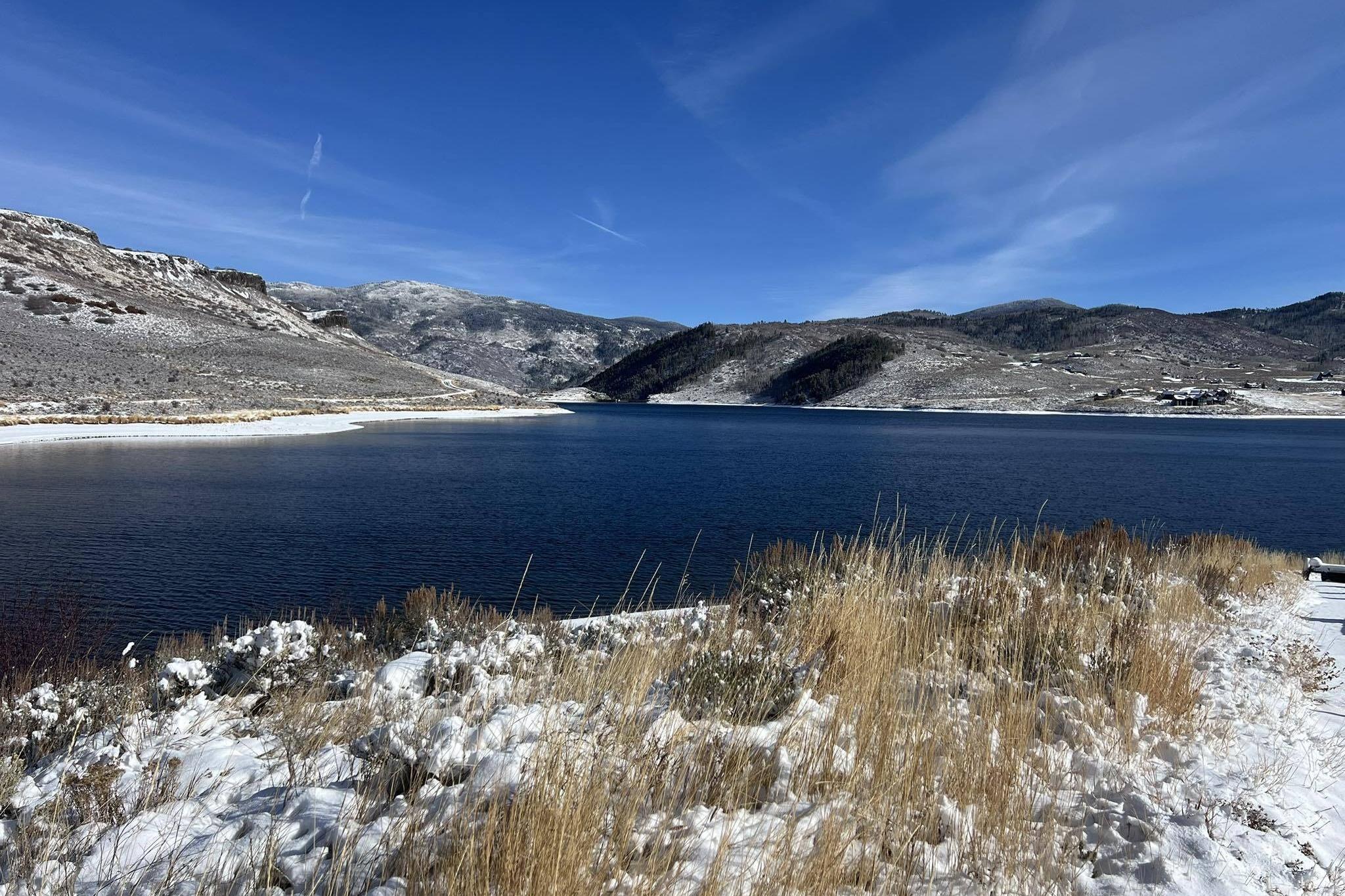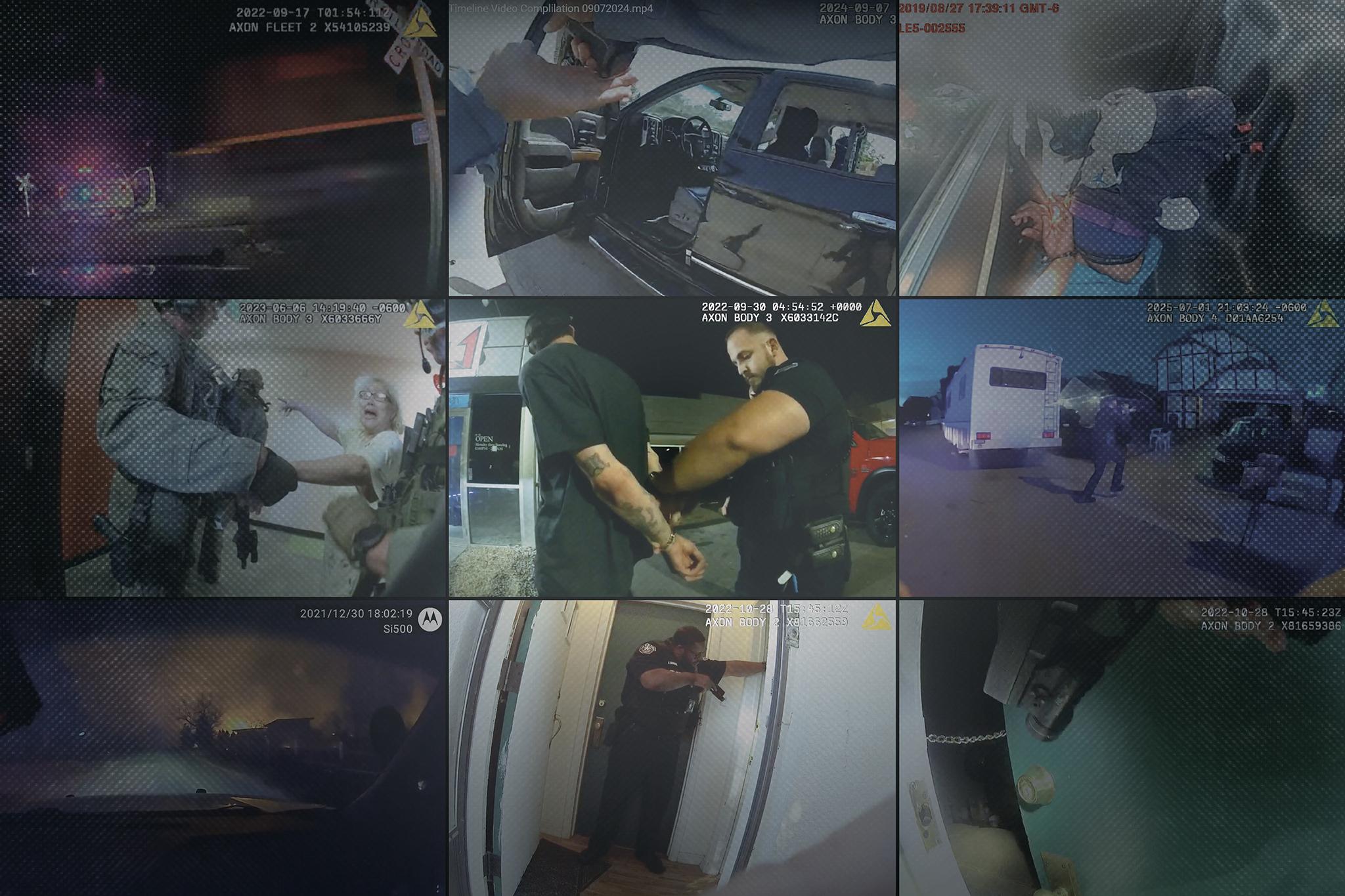During the legislative session, state lawmakers cut funding for the office that oversees weatherization and other energy saving programs for residents. Now, Gov. John Hickenlooper is asking the Joint Budget Committee to intervene to save the Colorado Energy Office, avoiding possible layoffs and program closures and delays.
Lawmakers defeated the bill that would have extended funding for the energy office on the very last day of the session. The Democratic-controlled House and Republican Senate could not agree on the direction the office should take and each side blamed the other for the bill’s demise.
“I think largely what happened is Senate Republicans just saw it as an opportunity to downsize government. I don’t think is the way to do it,” said House Majority Leader KC Becker of Boulder, a key negotiator on the bill.
But Republicans said the House gave up on talks after the Senate suggested eliminating some renewable energy programs and giving oil and gas a larger role.
Becker said she was willing to talk about it.
“But (we) wanted to make sure that our priorities -- which included renewable energy -- were also part of that discussion and we didn’t want it to be all about oil and gas,” she said.
“Should we be promoting energy and that overall industry in Colorado? Absolutely,” said Republican Sen. Kevin Lundberg of Berthoud.
He’s one of three Republicans on the bipartisan Joint Budget Committee. Because the seats are split between parties, at least one GOP member would need to join Democrats to back the Governor’s request. Lundberg said that while the Energy Office serves an important role, its scope shouldn’t be limited.
“There’s an appropriate role if the focus is on developing our energy resources overall,” he said. “If it is just to give preference to certain renewable energy solutions that’s not good government.”
Hickenlooper was frustrated that lawmakers couldn’t reach a middle ground.
“I saw this as a case where politics clearly, partisanship got in the way of basic common sense solutions,” he said. “Befuddled.”
Others argued that Hickenlooper should have played a larger role in brokering a compromise. Now he wants the bipartisan committee to authorize $3 million to keep the Energy Office’s 24 employees and various state programs running. But Lundberg said he’s not inclined to support the request.
“You know, you don’t get a redo every time a bill goes south during the interim session,” said Lundberg. “We can take some extraordinary action for something that comes up after the session has concluded. This is not that case.”
Even with the uncertainty, employees at the energy office are trying to continue on as normal.
“There has been some misunderstanding about what this office does and the impacts that we have across the state,” said Kathleen Staks, the executive director of the Colorado Energy Office. “I think the benefits go beyond just a renewable versus traditional fuel discussion.”
It was created in the late 70s, but former Democratic Gov. Bill Ritter raised the profile when he used it to promote renewable energy and the “the new energy economy.” Five years ago Hickenlooper broadened the mission and scope.
The office’s state funding helps schools, agriculture producers and commercial developers reduce energy costs and improve efficiency, as well as funding electric vehicle charging stations in rural Colorado.
Federally funded programs for weatherization for low-income homes would still be available, so some staff would stay. But most employees are paid by the state funds. Staks said she is “comfortable” saying they won’t layoff the state employees on July 1, some workers could be relocated to different government jobs.
Should the budget committee vote against the funding, the office is applying for grants to stay afloat for the next few months, which would give lawmakers a chance to address the issue next legislative session. Regardless of what happens, Lundberg said the future of the energy office would be a priority when lawmakers convene in January.
“Do I think we need to re think what this office is doing and how it’s doing it? Yes, I do,” he said. “At this point in time I’m not inclined to keep the program going because it is there today.”
Capitol Coverage is a collaborative public policy reporting project, providing news and analysis to communities across Colorado for more than a decade. Fifteen public radio stations participate in Capitol Coverage from throughout Colorado.









